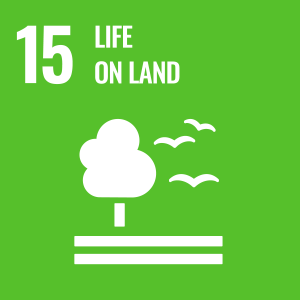Thinking abstractly
Students will be required to think abstractly during their project, so we take a look into the most important parts of a problem to focus on and solve by producing abstract models for solutions. Students will have direct teacher led lectures along with weekly challenges in the form of workbook theory challenges, this will be supported with weekly verbal feedback and regular multiple-choice quizzes.
Thinking ahead
Students will have to foresee timescales months into the future this year, this theory workbook is designed to help support them do this, thinking about the required inputs and outputs of problems and how best to produce reusable sections to programs. Students will have direct teacher led lectures along with weekly challenges in the form of workbook theory challenges, this will be supported with weekly verbal feedback and regular multiple-choice quizzes.
Thinking procedurally
Students need to code and think in a way that is as effective as possible, ensuring they think in a procedural way by creating reusable sections of code and properly identifying steps to solve a problem is vital in this unit. Students will have direct teacher led lectures along with weekly challenges in the form of workbook theory challenges, this will be supported with weekly verbal feedback and regular multiple-choice quizzes.
Thinking logically
The creation of high-quality code is dependent on thinking logically, in this unit students will create flowcharts and pseudocode to specific problems to ensure they are as prepared for exam style questions as possible. Students will have direct teacher led lectures along with weekly challenges in the form of workbook theory challenges, this will be supported with weekly verbal feedback and regular multiple-choice quizzes.
Thinking concurrently
Managing a project requires many plates to be spinning at once, this is overwhelming, in this unit students focus on what tasks can be done along side each other to make best use of their time during software development. Students will have direct teacher led lectures along with weekly challenges in the form of workbook theory challenges, this will be supported with weekly verbal feedback and regular multiple-choice quizzes.
Programming techniques
We take a look at some of the more complex aspects of programming and ensuring students understand key concepts like recursion, parameter passing and value passing, ensuring modularity and have an understanding of object orientation techniques to produce well rounded programmers. Students will have direct teacher led lectures along with weekly challenges in the form of workbook theory challenges, this will be supported with weekly verbal feedback and regular multiple-choice quizzes.
Computational methods
Everything is brought together in this unit, students recap decomposition, abstraction and how best to approach problems to ensure best use of their time independently and as part of a team. Students will have direct teacher led lectures along with weekly challenges in the form of workbook theory challenges, this will be supported with weekly verbal feedback and regular multiple-choice quizzes.
Algorithms
As a natural extension beyond GCSE, students are required to know specific algorithms for searching and sorting data, these are similar to GCSE with some new ones covered such as Djikstra’s shortest path and A* algorithm. Students will have direct teacher led lectures along with weekly challenges in the form of workbook theory challenges, this will be supported with weekly verbal feedback and regular multiple-choice quizzes.
Programming project


Students spend the majority of the year creating a coding solut9okn to a programming challenge of their choice, this brings together all the skills taught throughout the previous years study and ensures students leave the A Level having an understanding of how an agile workflow is best achieved when coding as a member of a team. Students will be working on a project all year with teacher led sessions to monitor their progress throughout the way.





